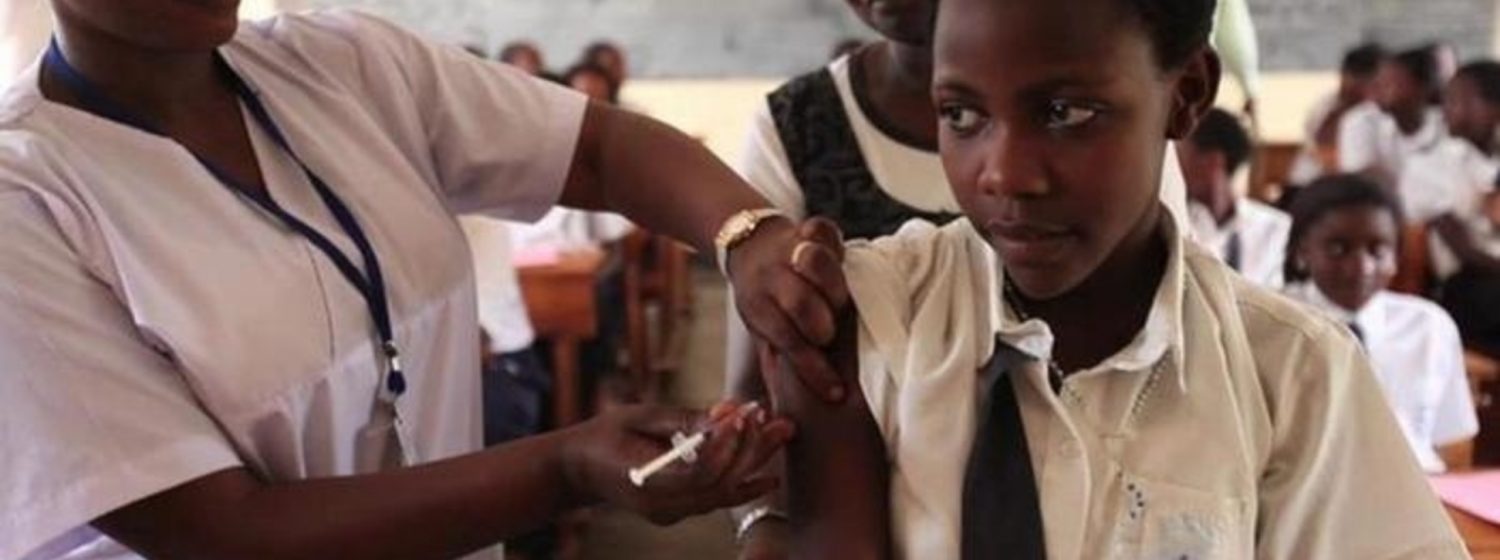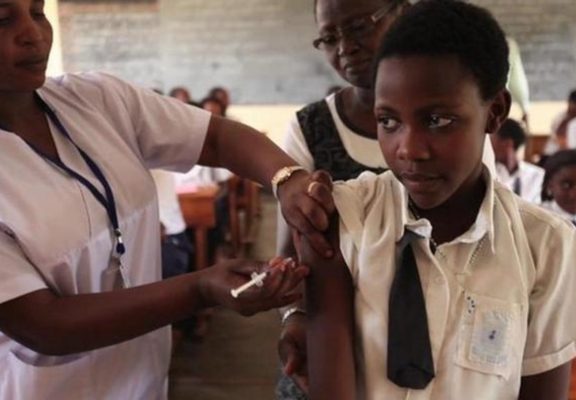

AHO to tackle Human Papillomavirus (HPV) to reduce cervical cancer in Africa
The most common infection transmitted during sex is the Human Papillomavirus, also known as HPV. Though many strains are harmless, beware some types can cause cancer.
Did you know that almost everyone gets an infection the first time they have sex? The most easily transmitted virus is HPV. According to the World Health Organization (WHO), women and men are at risk of infection shortly after becoming sexually active. Though HPV is mostly spread via sexual intercourse, penetrative sex is not required for transmission. Skin-to-skin genital contact with an infected person is enough to catch the virus.
Types of HPV
While there are more than 100 types of HPV, the good news is that most types of HPV are harmless and your body’s immune system gets rid of them eventually. The bad news is that at least a dozen types of the virus can lead to genital warts in men and women, or certain types of cancer, such as cervical. HPV strains that cause genital warts are often different from the ones that can lead to cancer.
Most people who have HPV show no symptoms and have no clue that they are carrying the virus. That’s why it’s so easy to get infected.
Vaccination against HPV
The three known vaccines against HPV are most effective if given before the onset of sexual activity. The WHO particularly encourages young girls aged 9-14 to get vaccinated. Why? HPV-immune girls mean less risk for boys in the future, as well as protection for girls against HPV 16 and 18, which can lead to cervical cancer.
What if you have already had sexual intercourse and gotten infected with HPV? Should you still get vaccinated? Better late than never. The vaccine will not cure the HPV, but it can help prevent you from getting infected with other types of HPV.
Why it matters for boys and men
Men play a vital role when it comes to spreading HPV. Cervical cancer can lead to complications when it comes to bearing children which also can ultimately affect men.
But there’s more. HPV can also cause penile cancer in men. It mostly affects men aged between 50 to 70 years, many of them in developing countries. Globally, cases of genital HPV in men are higher than cervical cancer in women, which makes it crucial to vaccinate not just girls but boys as well.
HPV prevention behavior
The knowledge that every sexual encounter puts you at risk of contracting HPV should hopefully lead you to adapt practices and behaviors that limit your chances of getting infected.
Can condoms protect you from HPV? Not really. The virus is so contagious that any skin to skin contact is enough. Nevertheless, using protection is a good idea since it protects you from other sexually transmitted diseases such as HIV.
And if you unfortunately caught the HPV strains that can cause cervical cancer, don’t despair: most cancers including cervical can be treated if discovered at an early stage. So never underestimate the significance of screenings – they could save your life or that of your loved one.

